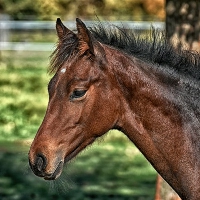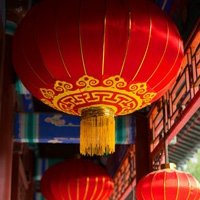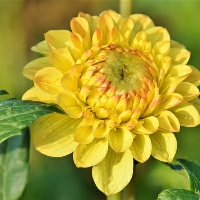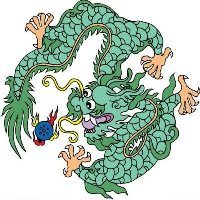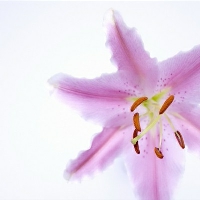Bowing hands and its similar etiquette are called Yi, which is a common etiquette for meeting or thanking people in ancient China. When you salute, hold your hands together in front of your chest. In modern times, the right hand clenches the fist inside, and the left hand is outside; If a funeral ceremony is held, the opposite is true. It is said that the ancients respected the left, and some people usually used their right hand when attacking others, so when they arched their hands, their left hand was outside, and the left showed their sincerity and respect. When women bow their hands, the opposite happens, because men respect the left and women respect the right.
In ancient times, when bowing hands, neither body nor hand moved. In the modern bow and hand salute, the body stands at attention, the arms stretch out like a drum, and the hands are held or folded in front of the chest, moving rhythmically from top to bottom, or from inside to outside. The palm of the left hand is flat, pressing the right fist downward, facing the chest directly, not higher than the jaw and not lower than the chest. Bowing with the arm flat is "the king's bowing", "when bowing" and "when bowing".
When people of the same age salute, the palm of the left hand is stuck inward below the chest, and the body is straight. This is the "Shiyi" and "Xiayi".



